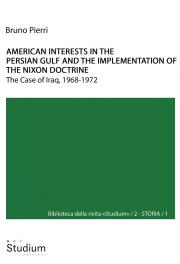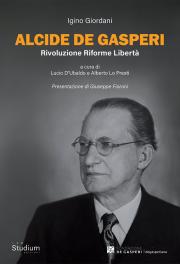
American interests in the Persian Gulf and the implementation of the Nixon doctrine
After the British withdrawal from the Persian Gulf, Iraq had acquired relevance for the U.S. and the USSR. Moscow was Baghdad’s main arms supplier, but the Baathist regime was also interested in reducing dependence from a single foreign country. Finally, the conflict against the Kurds was a danger of destabilisation in the area. The treaty of friendship and cooperation with the Soviet Union and the nationalisation of the Iraq Petroleum Company, both in 1972, led Nixon to finance Kurdish resistance and endorse the sale of heavy weapons to Iran, which was becoming the hegemonic power. Therefore, an agreement was necessary and the 1975 Iran-Iraq treaty settled the border dispute between the two countries, while the Shah terminated support to the Kurds. The accords had been inspired by Kissinger in order to prevent the Soviets from exploiting Arab-Persian tensions with the aim of expanding their influence.
Recensioni
Caratteristiche
Anno: 2020Numero pagine:
ISBN: 978-88-382-4889-4





















Commenti
> torna su